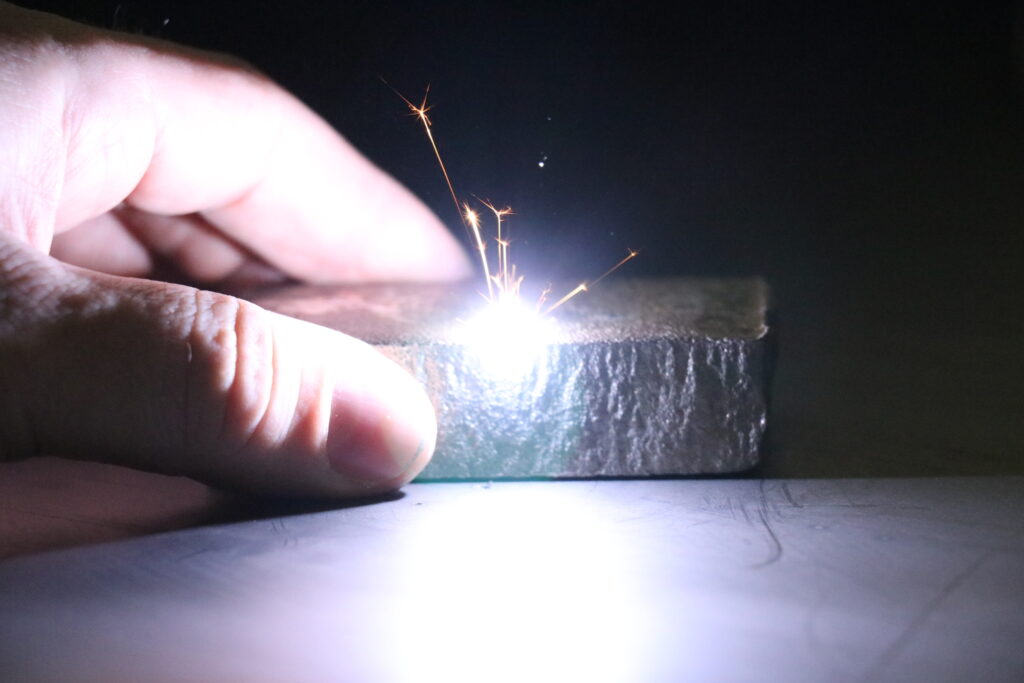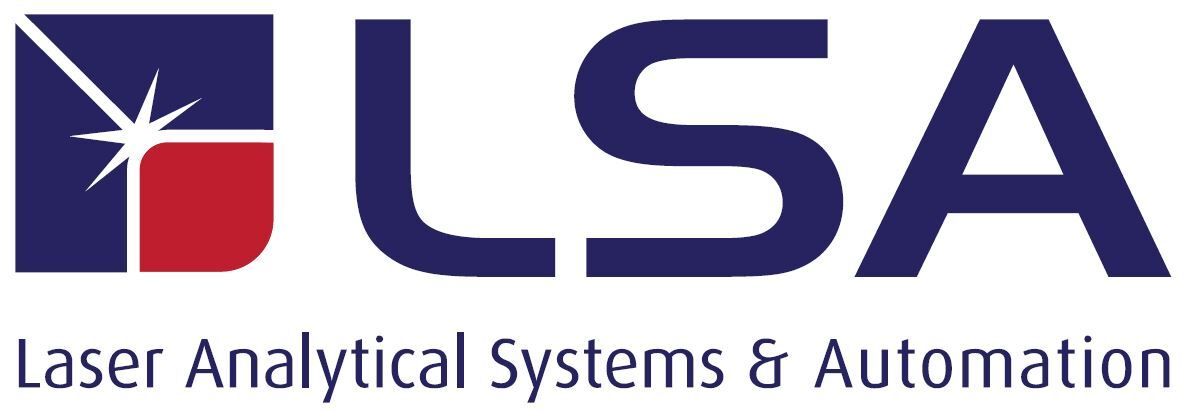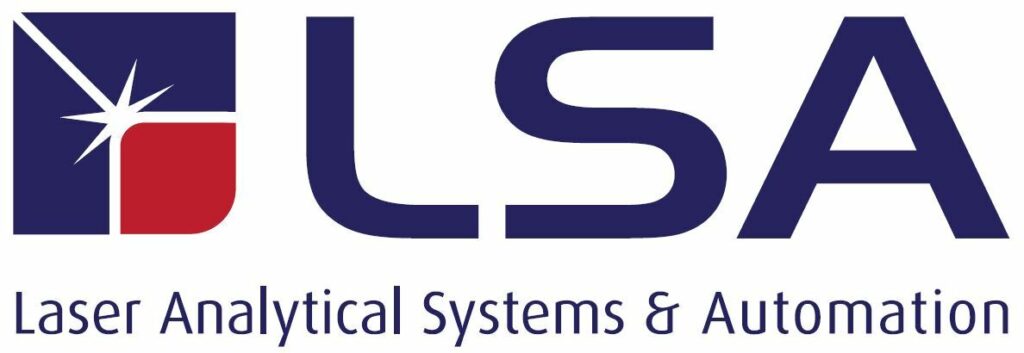LIBS Across Industries: Expanding the Reach of Laser-Induced Breakdown Spectroscopy

Laser-Induced Breakdown Spectroscopy (LIBS) is a powerful analytical technique that is revolutionizing material analysis across multiple industries. By providing rapid, precise, and non-destructive elemental analysis, LIBS is playing a crucial role in enhancing efficiency, quality control, and sustainability. As shown in Demonstrator A, this cutting-edge technology is being integrated into real-world industrial applications to great effect.
Rapid Microanalysis in the Steel Industry
In the steel sector, LIBS has emerged as a viable alternative to traditional scanning electron microscopy (SEM). Unlike SEM-EDX, which can take several hours, LIBS completes high-resolution microanalysis in just about 10 minutes. Additionally, LIBS has the unique capability of detecting light elements such as carbon, a critical factor in steel production and quality assessment. This speed and precision make it an invaluable tool for steel manufacturers, allowing them to maintain high product quality while reducing analysis time and associated costs. Moreover, LIBS can be automated for inline monitoring, ensuring continuous quality control without disrupting the production flow.
Quality Assurance in Metal Fabrication
Ensuring material consistency is a major concern in metal fabrication. LIBS enables thorough inspection of metal workpieces before shipment, verifying their alloy composition and preventing costly mix-ups. This is particularly beneficial for testing metal components like pipe bends and coils, ultimately reducing the risk of incorrect deliveries and minimizing associated insurance costs. By incorporating LIBS into quality assurance processes, manufacturers can improve their reputation for reliability and avoid significant financial losses due to material inconsistencies. The non-destructive nature of LIBS also allows for repeated testing without damaging valuable components.
Incoming Material Inspection
Manufacturers rely on LIBS for rapid and precise incoming material verification. Whether assessing the composition of stainless steel alloys like V2A or V24A, LIBS ensures that only materials with the correct properties proceed further in the production line. This reduces the likelihood of production errors and enhances operational efficiency. In industries where even minor variations in material composition can have significant effects on product performance—such as aerospace, automotive, and medical device manufacturing—LIBS provides a crucial safeguard against defects and failures.
Material Flow Analysis for Bulk Goods
LIBS plays a key role in industries that handle bulk materials, such as pharmaceuticals and food production. The technology ensures quality control by detecting impurities in substances like salts and fertilizers. By verifying both minimum and maximum quality thresholds, LIBS helps maintain product integrity and regulatory compliance. In large-scale production environments, even slight variations in raw materials can impact final product quality. LIBS allows manufacturers to quickly screen incoming materials and make necessary adjustments before they enter the production process, reducing waste and improving overall efficiency.
Metal Scrap Sorting for Recycling
Recycling facilities use LIBS to optimize the sorting process of metal scrap, such as aluminum. The technique effectively distinguishes between cast and wrought alloys, allowing for precise classification into specific groups like the 1000-series. This leads to more efficient recycling processes and higher-quality secondary materials. LIBS enhances the economic viability of metal recycling by improving the accuracy of material separation, reducing contamination, and maximizing the value of recovered metals. Additionally, by automating LIBS-based sorting, recycling plants can significantly increase throughput while minimizing manual labor and associated costs.
Gas Analysis in Industrial Processes
LIBS is also making an impact in gas analysis, particularly in monitoring process gases such as blast furnace gas in steel manufacturing. Continuous analysis allows for real-time process optimization, leading to increased energy efficiency, reduced emissions, and enhanced operational safety. The ability to monitor gas composition in real time enables industries to fine-tune their processes, ensuring optimal combustion efficiency and reducing environmental impact. LIBS-based gas analysis can be integrated into industrial control systems, allowing for automated adjustments and improved process stability.
LIBS in the Mining and Geological Sector
Beyond manufacturing and recycling, LIBS is finding increasing applications in the mining and geological sector. It is used for rapid, in-situ mineral analysis, helping geologists and mining companies assess ore quality without the need for extensive sample preparation. This allows for quicker decision-making regarding excavation and refining processes. The ability to perform field-based analysis reduces costs associated with laboratory testing and speeds up exploration and production timelines.
Future Prospects for LIBS Technology
As demonstrated in Demonstrator A, LIBS is becoming an essential tool for industrial applications, and its adoption continues to grow. Future advancements in LIBS technology, including improved laser sources, enhanced data analysis algorithms, and miniaturization, will further expand its usability across industries. Portable and handheld LIBS devices are already making it easier for field operators to conduct on-the-spot analysis, reducing downtime and improving decision-making processes.
LIBS as an Industry Game-Changer
LIBS is proving to be a game-changing technology across multiple sectors, offering speed, precision, and adaptability. As demonstrated in Demonstrator A, its integration into industrial workflows enhances productivity and quality control, making it a valuable tool for modern manufacturing and material analysis. The continued adoption of LIBS across various industries underscores its potential to drive efficiency and sustainability in the years to come. As new applications and improvements emerge, LIBS is poised to become an indispensable component of industrial analytics and quality assurance worldwide.

Authors
Markus Dargel & Joachim Makowe
Partner

